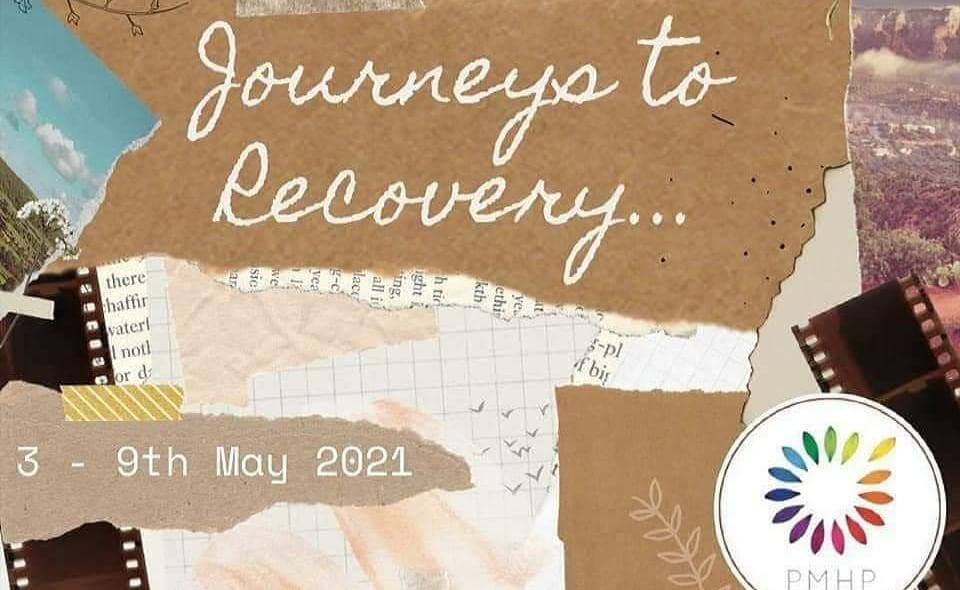Maternal Mental Health Awareness Week 3-9th May
Between the 3rd and 9th of May this year, the Perinatal Mental Health Partnership will be marking their 5th year of raising awareness for maternal mental health. The theme for this year is ‘Journeys to Recovery’*, which focuses on women sharing their stories of what helped them talk about their experience of mental illness both during pregnancy and after giving birth.
The ways in which normal services have been accessed over this past year due to Covid-19 has created some changes. Each approach to recovery is individual, however there are many women who have felt unable to seek the appropriate support they require because of the Pandemic. As such, online resources, information and charities have become more heavily relied upon.
The Perinatal Mental Health Partnership’s aim is to provide free resources and information on Perinatal Anxiety, OCD, Depression and Postpartum Psychosis. The intention is for parents to feel well informed and supported, especially when anxieties have been heightened further than ever before. *
Symptoms of Perinatal Anxiety and Depression
Maternal mental illness is in fact very common, affecting one in every 4 women**.
Symptoms of Perinatal Anxiety can include:
- Racing thoughts that feel out of control
- Overwhelming feelings of dread
- Panic attacks
- Sweating and/or hot flushes
- Teeth grinding
- Irritability, restlessness and feeling tense
- Excessive worrying about your baby being in danger
Symptoms of Perinatal Depression include:
- Feeling tired/unable to sleep
- Anger/Rage
- Feeling hopeless
- Feeling like you don’t love your baby
- Difficulties bonding with your baby
- Low self esteem
- Difficulties concentrating
Self Help Journeys
The data collected so far by the Partnership has shown the self-help methods some women have been using in their ‘Journey to Recovery’.
These include activities such as:
- Therapy and counselling
- Therapeutic writing
- Crafts
- Books
- Online charities
- Mindfulness
- Exercise
- Peer Support
- Self-Care
Tips for friends, family and seeking further support
If someone you care about appears to be unwell, encourage them to seek help. It’s helpful to recognise that this isn’t something they can simply ‘snap out of’, and so providing emotional support will help to let them know that this isn’t their fault.
Acting strangely or showing signs of mania is indicative of Postpartum Psychosis. In this instance, it’s imperative that urgent medical support is sought.
Further professional support is available if you or someone you know is struggling. The Eaves have a variety of trained professionals that can offer support to all ages with anxiety, depression, parenting support and more. Please contact the referrals team on 01483 917000 who would be happy to help source a suitable therapist for you.
We are open 12 hours a day, Monday to Saturday between 9am and 9pm. We are offering both face to face and remote sessions in Guildford, Godalming and Farnham.
You can also send us an enquiry form. Click here to find out more.
Resources

